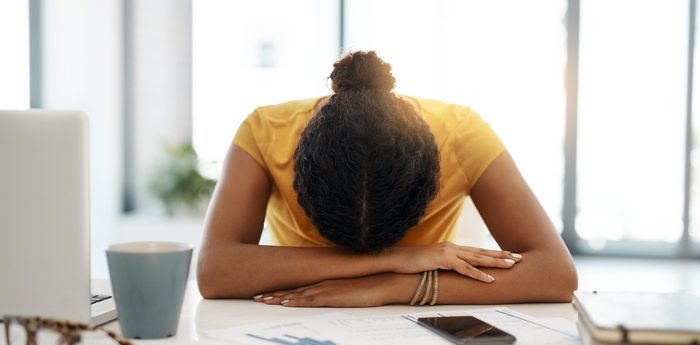Consistently irregular or fitful sleep can lead to fatigue, inability to focus, and mental fogginess, Sleep hygiene refers to the habits you can cultivate to improve the quality of your sleep and therefore the quality of your days.
Here are some helpful, basic tips you can start with to clean up your sleep hygiene in 2021.
- Reduce caffeine intake: Caffeine doesn’t affect everyone the same, but chances are, most people will suffer from some kind of disrupted sleep after consuming caffeine too late in the day. Most sleep experts will recommend cutting off caffeine after 2 pm. But caffeine isn’t limited to coffee. Caffeine is found in many teas and almost all sodas, diet or not. It can also be found in certain foods and “health” drinks like Kombucha. For people serious about mixing caffeine after a certain time of day, reading ingredient lists in food and drinks is a good first step.
- Keep the bedroom for sleeping: Your brain can make connections to spaces and the bedroom should always signal to your brain and body that it’s time to rest and relax. One way to help make this connection is to only use your bedroom space minimally and mostly for nighttime sleeping. That means that activities like reading, watching tv, shopping online, Zoom calls, snacking, and more should be kept to the kitchen, living room, and home office spaces. The 2020 increase in working from home definitely meant that people had to get creative with how they created workspace out of home space and that led to many people needing to partition their bedrooms into makeshift workspaces. A key to making that work and still helping keep the bedroom equals bedtime mental connection is to not work sitting in bed propped up with a laptop as much as possible.
- Turn off the lights: The blue light emitted by screens such as tvs, smartphones, and computers can disrupt sleep patterns if used too late in the day. Some sleep experts recommend limiting screen time to the point of putting down phones and turning off the TV at least two hours before bed. Reducing the impact of this light is important in helping cue the body that it’s time for sleep. If turning off screens isn’t an option, blue-light reducing glasses can help significantly by filtering out the blue light that screens emit. Other lights can be disruptive to sleep as well; some people have such a sensitivity to light that they need to use blackout curtains even at night to block out any light like street lights or headlights that could disrupt their sleep cycles.
There are plenty of other sleep hacks ranging from supplements to scheduling workouts to diet and exercise. If you’re waking up feeling groggy or tossing and turning all night, you’re probably suffering through fatigue and concentration issues in the AM. Taking small but specific and consistent steps to improving your sleep patterns can go a long way.
Find BluTech Near You




